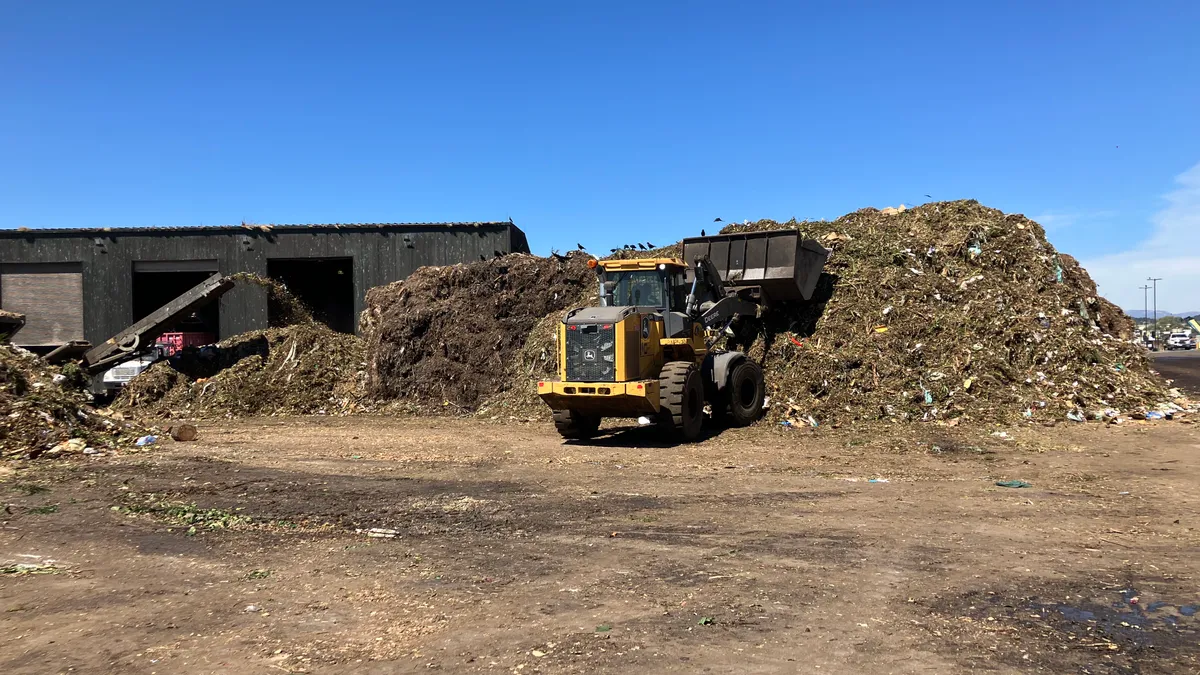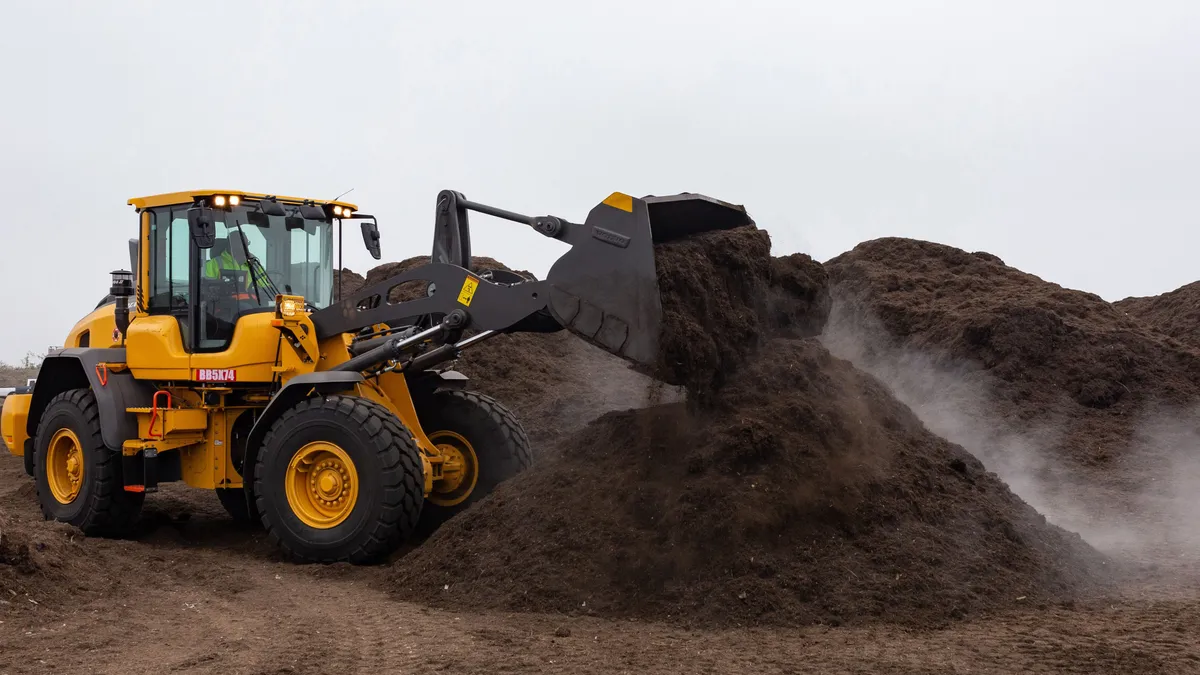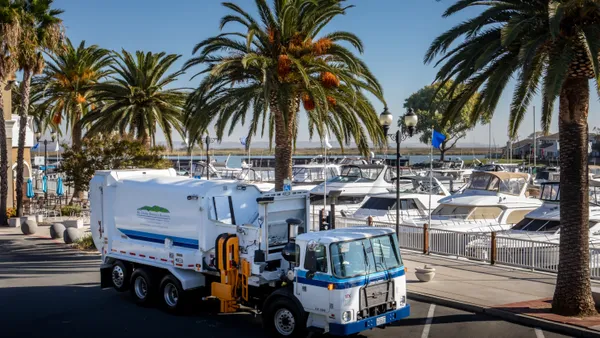Dive Brief:
- California-based Full Harvest, an online produce-sharing platform, has announced the completion of a new $2 million round of seed funding.
- Full Harvest acts as a business-to-business platform for the exchange of surplus or time-sensitive produce between farmers and interested buyers, such as food manufacturers or beverage companies. The company helps facilitate connections through a standardized online system — never physically handling any of the material — and takes a cut from sales.
- The global fruit and vegetable ingredients market is projected to reach more than $216 billion by 2022. Full Harvest has pledged to offer more opportunities for farmers to take advantage of this and "lead the produce industry into a waste-free future."
Dive Insight:
Since launching last year, Full Harvest has attracted notable interest from investors and reportedly began adding a number of large companies to its platform. According to ReFED, farmers have a key role in reducing about 10 millions tons of food that goes to waste every year because it wasn't harvested or has perceived cosmetic issues. Better donation infrastructure, new solutions for value-added processing and updated produce specifications are all listed as potential areas to focus on.
A number of other companies have also emerged in recent years to help facilitate food donations, such as Spoiler Alert, Hungry Harvest and Food Cowboy. A city-managed online donation platform has also been proposed in New York and the idea has room for growth as more municipalities and companies look at ways to reduce their organic waste.
Though the concept of food recovery is still seen as tangential by some in the industry, it is becoming more common to see states focus on expanding donation opportunities as part of larger organic waste diversion policies. Vermont has seen a 40% spike in food donations since it began implementing organics diversion requirements and New York recently included a donation tax credit for farmers in its state budget. Finding more ways to capture this material before it's too late will alleviate the processing capacity burden that some companies and local governments are feeling amid the new organics diversion push.













